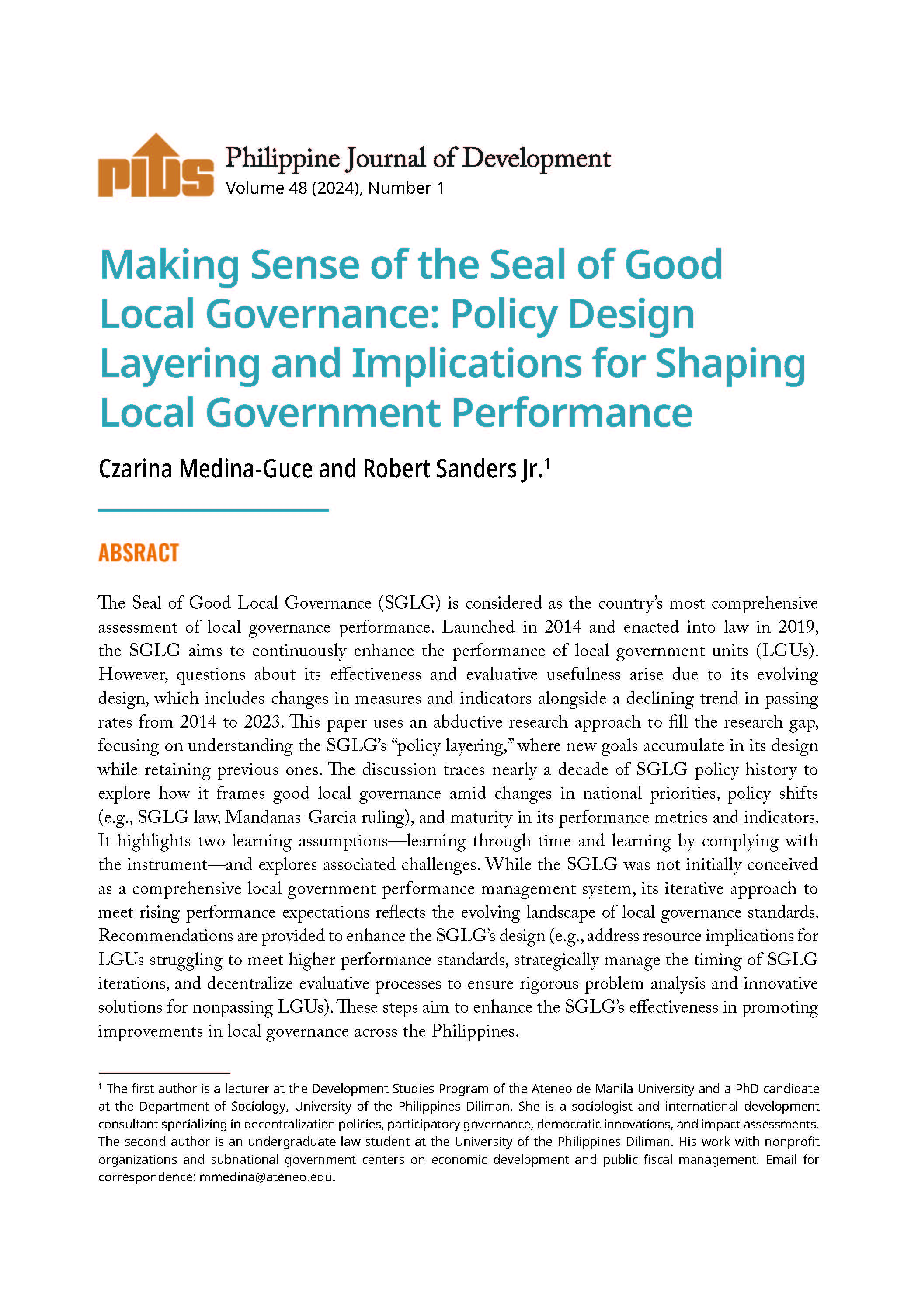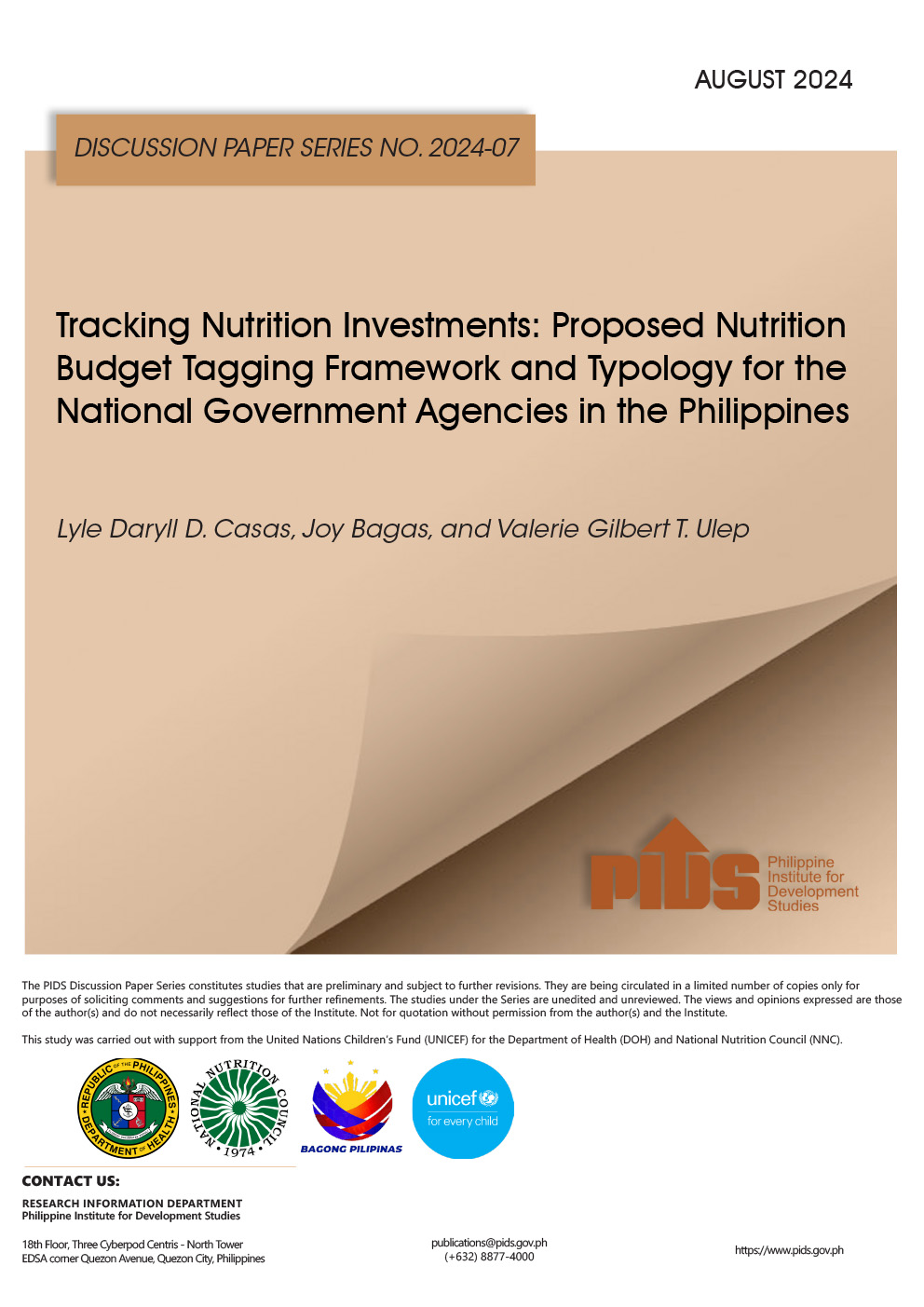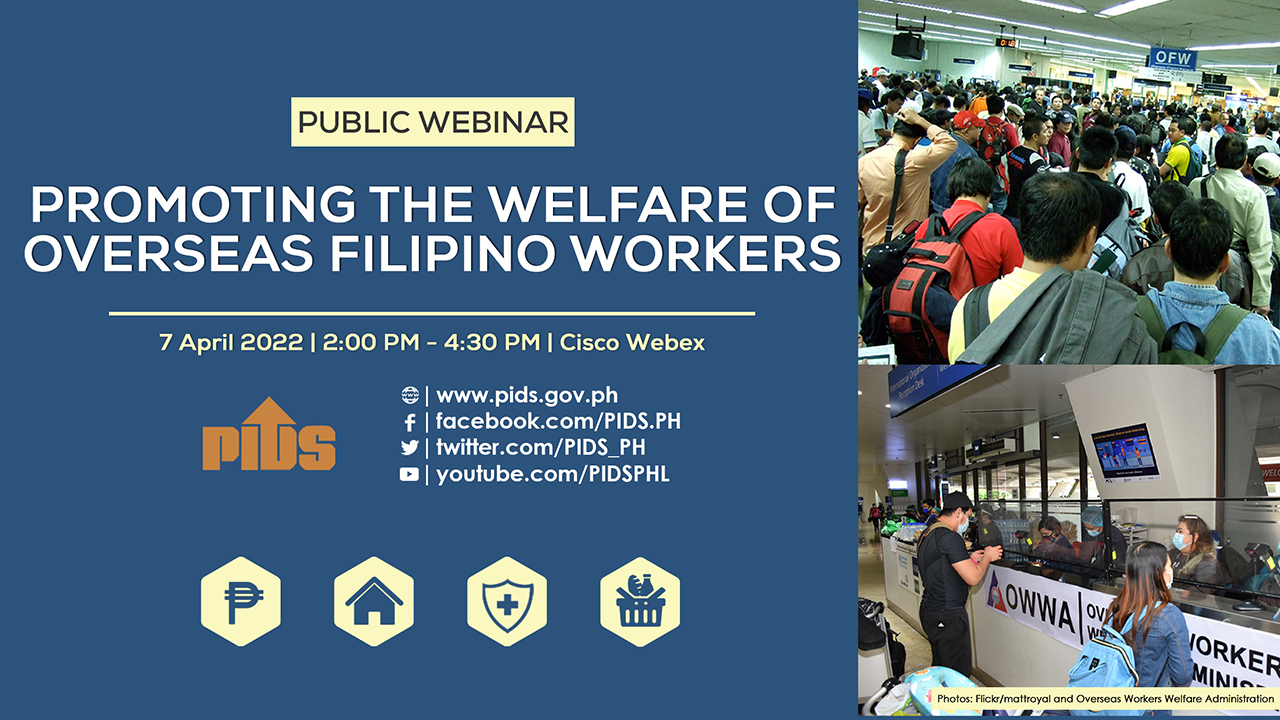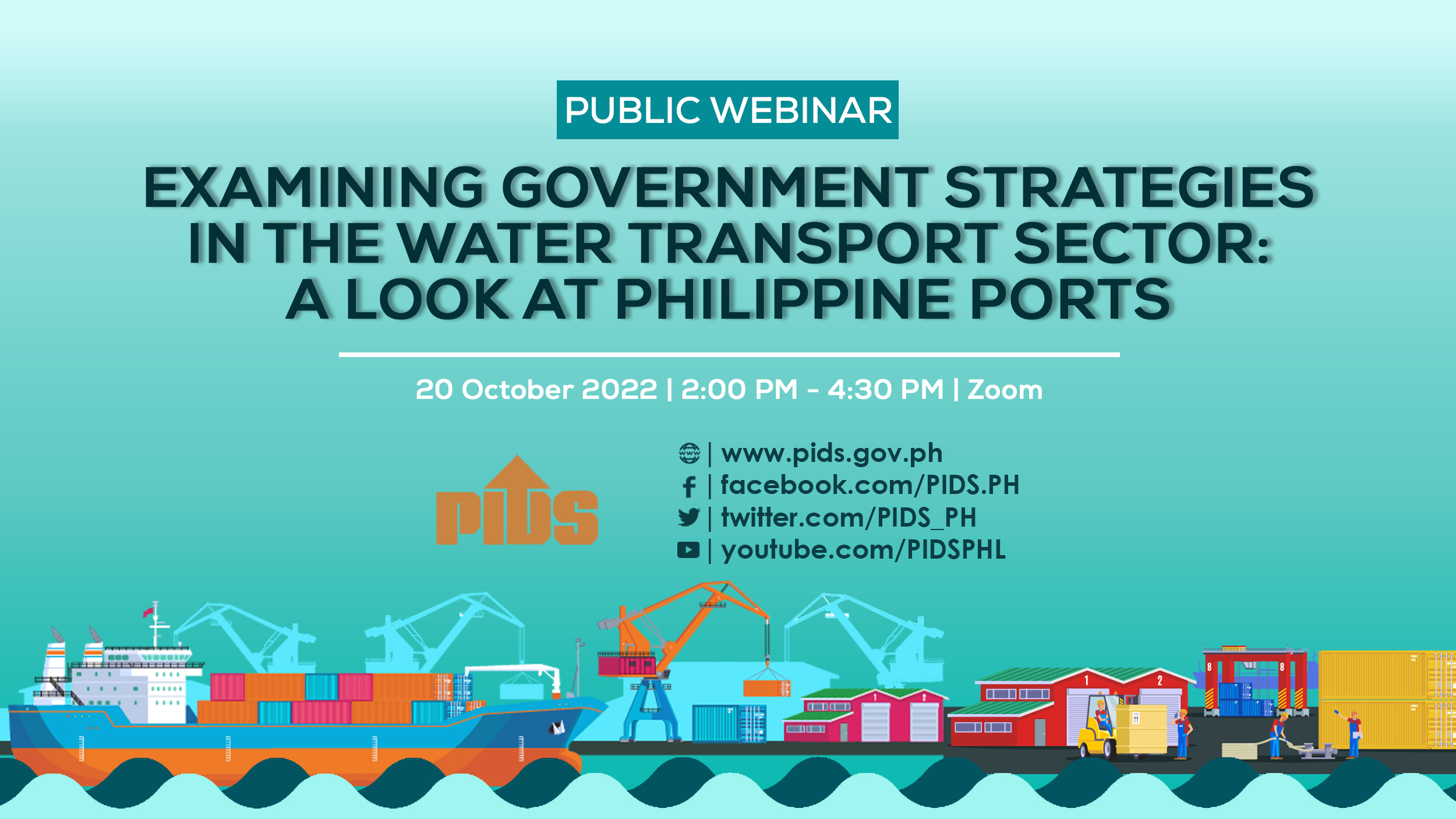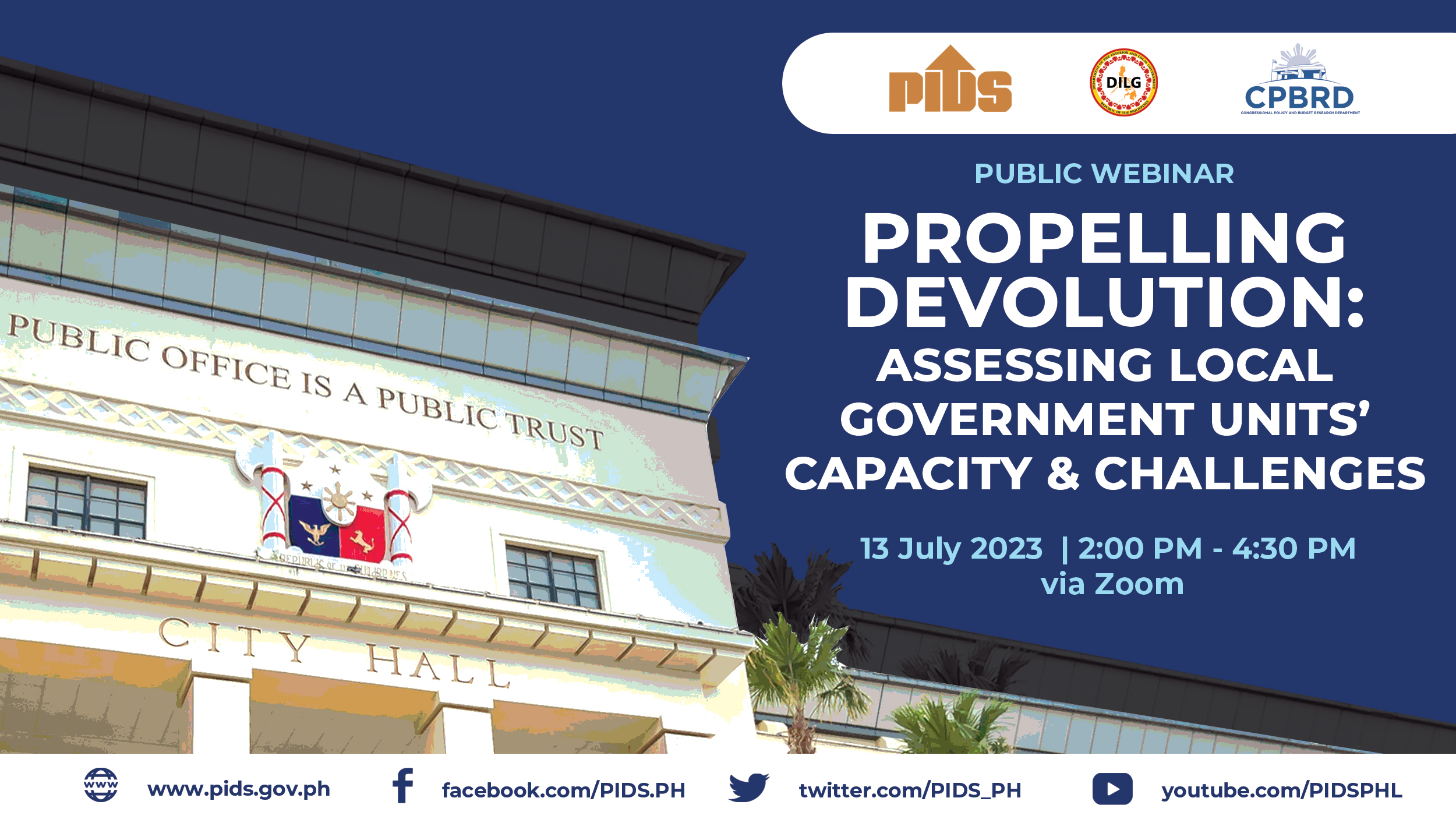President Rodrigo Duterte has approved the “Small Business Wage Subsidy Program” to help millions of middle-class families affected by the Luzon-wide lockdown imposed to deal with the COVID-19 pandemic, Cabinet Secretary Karlo Nograles said Tuesday.
Nograles, spokesman for the Inter-Agency Task Force for the Management of Emerging Infectious Diseases, said tax-compliant small business will get P5,000 to P8,000 under the program in two tranches in May.
Nograles said the program aims to help around 3.4 million workers employed by small businesses that are affected by the lockdown.
Priority will be given to business that pay their contributions to the Social Security System and paying taxes to the Bureau of Internal Revenue.
“This is our response to the appeal for help for middle-income workers... Finance Secretary Sonny Dominguez estimates the program will cover 1.6 million small businesses that have ceased to operate due to the enhanced community quarantine or those who are on skeleton workforce in order to stay afloat. We estimate that 3.4 million workers will benefit from this program,” he said.
However, Nograles said that eligible workers must be employed as of March 1 this year and have not received their pay for that month. Retrenched workers, those who resigned or are on leave and employees who have availed of unemployment benefits are not qualified for the program.
Those eligible to receive help through the “Small Business Wage Subsidy Program” will receive the cash aid through their SSS UMID cards, their bank accounts, or e-wallets. The financial assistance will be given in two tranches: Between May 1 to 15 and May 16 to 30.
Earlier, Dominguez said the government would allocate up to P50 billion to support millions of affected employees in the micro, small and medium enterprises sector, but the source of funding remains unclear.
Finance Undersecretary Karl Kendrick Chua said the department will use the data from the Social Security System and the Bureau of Internal Revenue to identify the list of beneficiaries.
“‘The 2.6 million who are in the BIR alpha list--meaning the employers who complied with the BIR submissions--they will be the ones we will help,” Chua said.
At least 40 percent of the country’s population belong to the middle income class, according to a 2018 study by government think tank Philippine Institute for Development Studies.
It categorized the middle class as those who have a monthly family income of between P19,040 and P114,240 at 2017 prices.
The House of Representatives’ Defeat COVID-19 ad hoc committee on Tuesday started tackling the proposal of the Department of Finance to seek additional loans amounting to almost P300 billion to tide the government over the crippling economic downturn caused by the Luzon-wide lockdown.
Representatives of the department led by Dominguez III said additional borrowings of up to P288 billion are being considered to reinforce resources that have been allotted to fight the COVID-19 pandemic.
This developed as Deputy Speaker for Finance and Camarines Sur Rep. Luis Raymund Villafuerte and Albay Rep. Joey Salceda backed the government program to provide wage subsidies for two months to around 3.4 million employees in small businesses suffering from the economic impact of the Luzon-wide Enhanced Community Quarantine that has been in place for a month now to stop the further spread of COVID-19.
After providing economic relief in the form of cash grants to some 18 million poor households, Villafuerte said the government is on the right track in following this up with wage subsidies for those belonging to the lower and medium middle class whose salaries are just enough for them to meet their families’ daily needs.
“President Duterte is right to approve the recommendation of the Department of Finance… to throw a lifeline to workers employed in small business enterprises,” Villafuerte said.
Villafuerte said even if owners of small businesses would want to pay the wages of their workers, most of them are constrained by their lack of resources to do so, given that they still have to attend to rental dues, amortizations, and other capital expenses that they still have to pay once the ECQ is over.
Salceda, chairman of the House committee on ways and means, also thanked President Rodrigo Duterte for announcing the payroll protection program for the middle class.
At the same time, he said he would continue to work with economic managers and House leaders on how to help self-employed workers.
During the House’s technical working group meeting for the economic stimulus package, Finance officials said the department is planning to seek additional loans from the Asian Development Bank, the World Bank and the China-led Asian Infrastructure Investment Bank.
The Philippines can borrow at “high levels” due to its investment grade rating and strong fiscal management, officials said.
The House led by Speaker Alan Peter Cayetano called the cluster’s meeting with the economic managers two weeks before the end of the extended lockdown.
Before the meeting, House Majority Leader Ferdinand Martin Romualdez told the attendees that the economic downturn caused by the lockdown has prompted the Congress and the economic managers to plan what must be done to mitigate the damage wrought by the COVID 19 virus.
“There is no denying the fact that this unprecedented public health crisis will slow down our economic growth this year with most of the contraction in the economy occurring now in the second quarter when Luzon is on Enhanced Community Quarantine,” Romualdez said.
“We need to step up and identify all other programs and projects needed to fill the gaps that we found in the implementation of the Social Amelioration Program. We have to cast a wider net so that more families will benefit from other social programs that we need to implement,” he added.
Meanwhile, a congressman pushed for a modified ECQ after April 30.
Samar Rep. Edgar Mary Sarmiento, the chairman of the House committee on transportation, said this would allow economic activities in the areas that are considered free from the virus to slowly come back to life while ensuring that the contagion is contained and isolated only in cities and municipalities that are still considered hotspots.
“This modified system basically means that we will have areas that would remain under ECQ but we will also have areas that will be allowed to open businesses and allow their residents to go back to their normal lives. These areas will maintain a closed border and continue to observe social distancing as extra precaution,” Sarmiento said.
President Duterte’s third weekly report to Congress said the national government has released P132 billion to fund the country’s efforts against the COVID-19 pandemic.
Duterte said the funds were taken from the pooled savings amounting to P189.82 billion from discontinued government programs, projects, and activities under the 2019 and 2020 national budgets.
The allotments and cash allocations were released to the following departments to cover their COVID-19 response activities: the Department of Social Welfare and Development at P100 billion for its social amelioration program; and Department of Labor and Employment at P1.5 billion for displaced workers.
Around P30.82 billion has been allotted to provide funding assistance to cities and municipalities under the “Bayanihan Grant to Cities and Municipalities” program.
Meanwhile, Duterte said the Land Bank of the Philippines has remitted cash balances from various government agencies amounting to P63.6 billion to the Bureau of the Treasury.
The Philippine Charity Sweepstakes Office has donated P290 million to COVID-19 referral hospitals and approved the release of P447 million worth of financial assistance to 81 government hospitals, which shall be chargeable against its charity fund.
Nograles, spokesman for the Inter-Agency Task Force for the Management of Emerging Infectious Diseases, said tax-compliant small business will get P5,000 to P8,000 under the program in two tranches in May.
Nograles said the program aims to help around 3.4 million workers employed by small businesses that are affected by the lockdown.
Priority will be given to business that pay their contributions to the Social Security System and paying taxes to the Bureau of Internal Revenue.
“This is our response to the appeal for help for middle-income workers... Finance Secretary Sonny Dominguez estimates the program will cover 1.6 million small businesses that have ceased to operate due to the enhanced community quarantine or those who are on skeleton workforce in order to stay afloat. We estimate that 3.4 million workers will benefit from this program,” he said.
However, Nograles said that eligible workers must be employed as of March 1 this year and have not received their pay for that month. Retrenched workers, those who resigned or are on leave and employees who have availed of unemployment benefits are not qualified for the program.
Those eligible to receive help through the “Small Business Wage Subsidy Program” will receive the cash aid through their SSS UMID cards, their bank accounts, or e-wallets. The financial assistance will be given in two tranches: Between May 1 to 15 and May 16 to 30.
Earlier, Dominguez said the government would allocate up to P50 billion to support millions of affected employees in the micro, small and medium enterprises sector, but the source of funding remains unclear.
Finance Undersecretary Karl Kendrick Chua said the department will use the data from the Social Security System and the Bureau of Internal Revenue to identify the list of beneficiaries.
“‘The 2.6 million who are in the BIR alpha list--meaning the employers who complied with the BIR submissions--they will be the ones we will help,” Chua said.
At least 40 percent of the country’s population belong to the middle income class, according to a 2018 study by government think tank Philippine Institute for Development Studies.
It categorized the middle class as those who have a monthly family income of between P19,040 and P114,240 at 2017 prices.
The House of Representatives’ Defeat COVID-19 ad hoc committee on Tuesday started tackling the proposal of the Department of Finance to seek additional loans amounting to almost P300 billion to tide the government over the crippling economic downturn caused by the Luzon-wide lockdown.
Representatives of the department led by Dominguez III said additional borrowings of up to P288 billion are being considered to reinforce resources that have been allotted to fight the COVID-19 pandemic.
This developed as Deputy Speaker for Finance and Camarines Sur Rep. Luis Raymund Villafuerte and Albay Rep. Joey Salceda backed the government program to provide wage subsidies for two months to around 3.4 million employees in small businesses suffering from the economic impact of the Luzon-wide Enhanced Community Quarantine that has been in place for a month now to stop the further spread of COVID-19.
After providing economic relief in the form of cash grants to some 18 million poor households, Villafuerte said the government is on the right track in following this up with wage subsidies for those belonging to the lower and medium middle class whose salaries are just enough for them to meet their families’ daily needs.
“President Duterte is right to approve the recommendation of the Department of Finance… to throw a lifeline to workers employed in small business enterprises,” Villafuerte said.
Villafuerte said even if owners of small businesses would want to pay the wages of their workers, most of them are constrained by their lack of resources to do so, given that they still have to attend to rental dues, amortizations, and other capital expenses that they still have to pay once the ECQ is over.
Salceda, chairman of the House committee on ways and means, also thanked President Rodrigo Duterte for announcing the payroll protection program for the middle class.
At the same time, he said he would continue to work with economic managers and House leaders on how to help self-employed workers.
During the House’s technical working group meeting for the economic stimulus package, Finance officials said the department is planning to seek additional loans from the Asian Development Bank, the World Bank and the China-led Asian Infrastructure Investment Bank.
The Philippines can borrow at “high levels” due to its investment grade rating and strong fiscal management, officials said.
The House led by Speaker Alan Peter Cayetano called the cluster’s meeting with the economic managers two weeks before the end of the extended lockdown.
Before the meeting, House Majority Leader Ferdinand Martin Romualdez told the attendees that the economic downturn caused by the lockdown has prompted the Congress and the economic managers to plan what must be done to mitigate the damage wrought by the COVID 19 virus.
“There is no denying the fact that this unprecedented public health crisis will slow down our economic growth this year with most of the contraction in the economy occurring now in the second quarter when Luzon is on Enhanced Community Quarantine,” Romualdez said.
“We need to step up and identify all other programs and projects needed to fill the gaps that we found in the implementation of the Social Amelioration Program. We have to cast a wider net so that more families will benefit from other social programs that we need to implement,” he added.
Meanwhile, a congressman pushed for a modified ECQ after April 30.
Samar Rep. Edgar Mary Sarmiento, the chairman of the House committee on transportation, said this would allow economic activities in the areas that are considered free from the virus to slowly come back to life while ensuring that the contagion is contained and isolated only in cities and municipalities that are still considered hotspots.
“This modified system basically means that we will have areas that would remain under ECQ but we will also have areas that will be allowed to open businesses and allow their residents to go back to their normal lives. These areas will maintain a closed border and continue to observe social distancing as extra precaution,” Sarmiento said.
President Duterte’s third weekly report to Congress said the national government has released P132 billion to fund the country’s efforts against the COVID-19 pandemic.
Duterte said the funds were taken from the pooled savings amounting to P189.82 billion from discontinued government programs, projects, and activities under the 2019 and 2020 national budgets.
The allotments and cash allocations were released to the following departments to cover their COVID-19 response activities: the Department of Social Welfare and Development at P100 billion for its social amelioration program; and Department of Labor and Employment at P1.5 billion for displaced workers.
Around P30.82 billion has been allotted to provide funding assistance to cities and municipalities under the “Bayanihan Grant to Cities and Municipalities” program.
Meanwhile, Duterte said the Land Bank of the Philippines has remitted cash balances from various government agencies amounting to P63.6 billion to the Bureau of the Treasury.
The Philippine Charity Sweepstakes Office has donated P290 million to COVID-19 referral hospitals and approved the release of P447 million worth of financial assistance to 81 government hospitals, which shall be chargeable against its charity fund.

